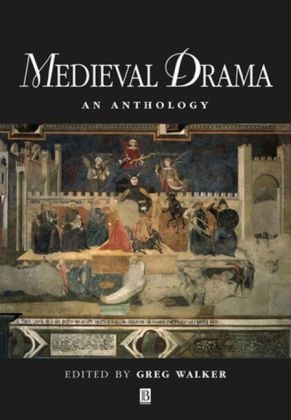Ulteriori informazioni
Zusatztext Lernen gilt fast unangefochten als das Einstudieren von Verfügungswissen.Die Welt in den Griff zu bekommen und verfügbar zu machen beherrscht unserLeben. Dieses Buch fahndet nach anderen Aufmerksamkeiten! nach solchen!die in erster Linie darauf aus sind! das Neue! Unbekannte! Sperrige aufzuspürenund damit umzugehen! einer Sache gewahr zu werden! an ihre Erstaunlichkeitund Vieldeutigkeit zu rühren. Was passiert! wenn Menschen die Welt undsich so zu spüren bekommen! daß die eingefleischten Routinen der Distanzierungzerfallen? Dieses Buch sucht bei verschiedenen Schulen der Menschenforschung- bei Phänomenologie! bei Psychoanalyse! bei Symboltheoretikern und Wahrnehmungsforschernwie bei der Ästhetik; es sucht nach! um die theoretische Sehschwäche einenSchritt weit zu überwinden! die mit Schuld ist an der Verödung unsererLernkultur. Es geht dem Buch nicht um Gefühlskult! es geht ihm um die Belebungeiner nicht amputierten Vernunft. Informationen zum Autor Greg Walker is Professor of Early Modern Literature and Culture at the University of Leicester. His previous publications include "John Skelton and the Politics of the 1520s" (1998)! "Plays of Persuasion: Drama and Politics at the Court of Henry VIII" (1991)! "Persuasive Fictions: Factions! Faith and Political Culture in the Reign of Henry VIII" (1996)! and "The Politics of Performance in Early-Renaissance Drama" (1998). Klappentext This comprehensive anthology brings together a diverse collection of dramatic writing from the late fourteenth century to the onset of the Renaissance. The volume presents for the first time the key plays of the period in their entirety, alongside more unusual selections, covering religious narrative, religion and conscience, and politics and morality. The first section focuses on Biblical plays, including coherent sequences of the narrative Cycle plays from York and N-Town and supporting pageants from Chester and Wakefield. This approach allows a clear narrative line to develop, and permits the comparison of the treatment of key stories between the Cycles. The selected material demonstrates how the drama of the towns and cities of East Anglia and the North of England mediated religious culture to a heterodox urban audience, and explored biblical events in an intensely contemporary setting. In the second and third sections, the attention turns to secular drama, and the Moral Plays and Interludes. The featured texts illustrate the range of themes and issues covered, from the salvation of the individual human soul to the renovation of the political nation, and the variety of settings and audiences for which the plays were designed. The flexibility of the Interlude form is explored, as are the ways in which it was utilised by playwrights and their patrons to address issues of direct political and social concern to them and their audiences. Medieval Drama: An Anthology is an indispensable guide to the breadth and depth of dramatic activity in medieval Britain. Zusammenfassung This anthology of drama in English contains plays from the late 14th century to the onset of the Renaissance. It brings together selections from all the major dramatic genres to provide readers with a sense of the breadth and depth of dramatic activity in Britain in these years. Inhaltsverzeichnis Introduction. Acknowledgements. Chronological Table. Map of Britain. Part I: Religious Narrative: The Biblical Plays: 1. Introduction. 2. Map of the City of York. 3. The York Ordo Paginarum. 4. York (The Barkers)! The Fall of the Angels. 5. Chester (The Tanners)! The Fall of Lucifer. 6. York (The Coopers)! The Fall of Man. 7. Chester (The Drapers)! Adam and Eve. 8. York (The Pewterers and Founders)! Joseph's Trouble About Mary. 9. York (The Tilethatchers)! The Nativity. 10. Towneley! The Second Shepherds' Pla...

